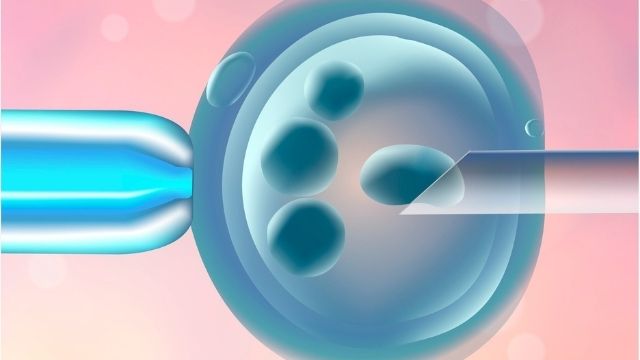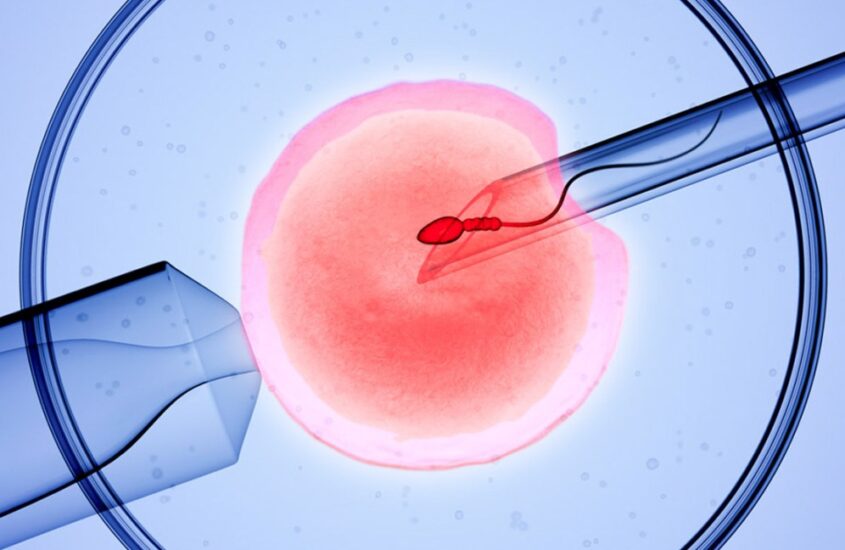In vitro fertilization (IVF) is a reproductive technology that has been helping individuals and couples conceive a child for over four decades. It involves combining sperm and eggs in a laboratory dish to create an embryo, which is then transferred to the uterus. IVF can benefit various people who have difficulty conceiving naturally.
Here are some groups of people who may benefit from IVF:
- Couples with infertility issues: IVF is often the first-line treatment for couples who have been trying to conceive for a year or more without success. Infertility can be caused by a variety of factors, including endometriosis, ovulation disorders, low sperm count, or blocked fallopian tubes. IVF bypasses some of these obstacles and gives couples a chance to have a child.
- Women with age-related infertility: As women age, their ovarian reserve declines, making it harder to conceive naturally. IVF can help women over the age of 35, and especially those over 40, to become pregnant by using donor eggs or frozen embryos from earlier cycles.
- Same-sex couples: IVF can also benefit same-sex couples who want to have a child. For female couples, one partner can provide the eggs, which are then fertilized with donor sperm and transferred to the other partner’s uterus. For male couples, a surrogate mother can carry the embryo created with donor eggs and one partner’s sperm.
- People with genetic disorders: IVF can also help couples who carry genetic disorders. Pre-implantation genetic testing (PGT) can be performed on embryos before they are transferred to the uterus, which can identify any genetic disorders. This allows couples to select only healthy embryos for transfer, reducing the risk of passing on genetic disorders to their children.
- People with other medical conditions: Some medical conditions, such as polycystic ovary syndrome (PCOS) or endometriosis, can make it difficult to conceive naturally. IVF can offer a solution to these couples by bypassing the condition and allowing them to conceive.
Overall, IVF is a viable option for many individuals and couples struggling with infertility or other reproductive challenges. While the process can be physically and emotionally taxing, the potential to have a child can make it all worthwhile. If you are considering IVF, it is important to consult with a fertility specialist to determine if it’s the right option for you.






